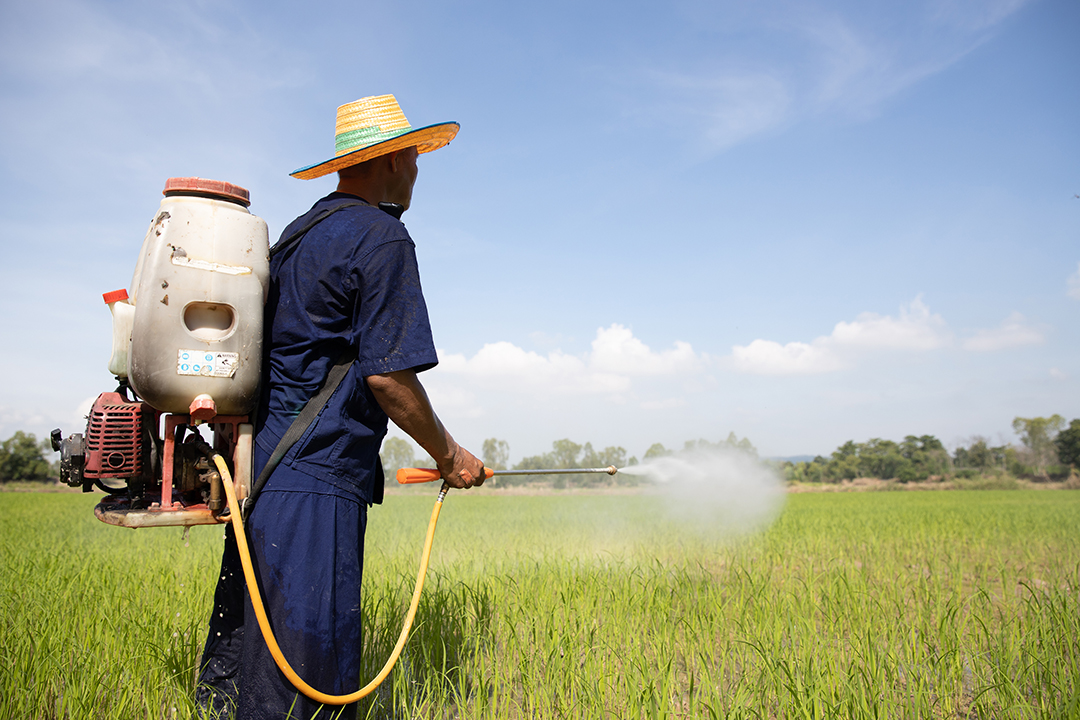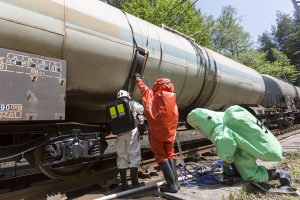The second round of talks toward a science-policy panel (SPP) on chemicals and waste focused on developing proposals for the SPP’s establishment. The main outcomes, found in six conference room papers, address: institutional arrangements; operating principles; conflict of interest; scope, objective, and functions; intersessional work; and the provisional agenda for the next round of talks, scheduled for June 2024.
The Earth Negotiations Bulletin (ENB) summary report of the meeting notes that “air, water, and soil pollution are responsible for an estimated 9 million premature deaths and cost the world trillions of dollars every year.” While “[t]his is about three times the death burden from malaria, HIV/AIDS, and tuberculosis combined,” “chemicals and waste issues receive less policy and public attention than disease, climate change or biodiversity loss,” it notes.
ENB highlights robust science-policy interfaces are critical in addressing the triple planetary crisis of climate change, biodiversity loss, and pollution in a holistic manner. Dedicated platforms already provide policy-relevant scientific advice to inform the multilateral processes on climate and biodiversity. No such body exists to comprehensively address chemicals, waste, and pollution in the way the Intergovernmental Panel on Climate Change (IPCC) and the Intergovernmental Science-Policy Platform on Biodiversity and Ecosystem Services (IPBES) do.
To bridge this gap, a 2022 UN Environment Assembly (UNEA) resolution decided that an SPP should be established to contribute further to the sound management of chemicals and waste and to prevent pollution. Developing such a panel is the job of the ad hoc open-ended working group (OEWG), which held its second round of negotiations in Nairobi, Kenya, from 11-15 December 2023.
Discussions were conducted in four contact groups on:
- Scope, functions, operating principles, and conflict of interest;
- Institutional arrangements and relationships with key stakeholders;
- Work-related processes and procedures of the SPP; and
- Intersessional work and budget.
According to ENB, “many of the outcomes will populate the outline for proposals for the establishment of an SPP that will be negotiated at subsequent sessions.”
UNEA mandates the OEWG to complete its work by the end of 2024. However, ENB analysis of the meeting flags, several delegates and observers noted that this deadline is “soft” and only indicates ambition. “Only time will tell whether the political will is sufficient to overcome key divergences and establish the SPP within its ambitious timeframe,” ENB writes.
An informal meeting and regional consultations on 9 and 10 December preceded the official OEWG meeting, which had originally been scheduled to take place at the Dead Sea in Jordan. [ENB Coverage of SPP OEWG-2]

